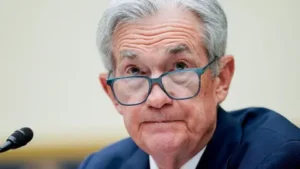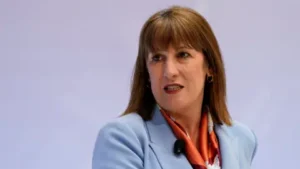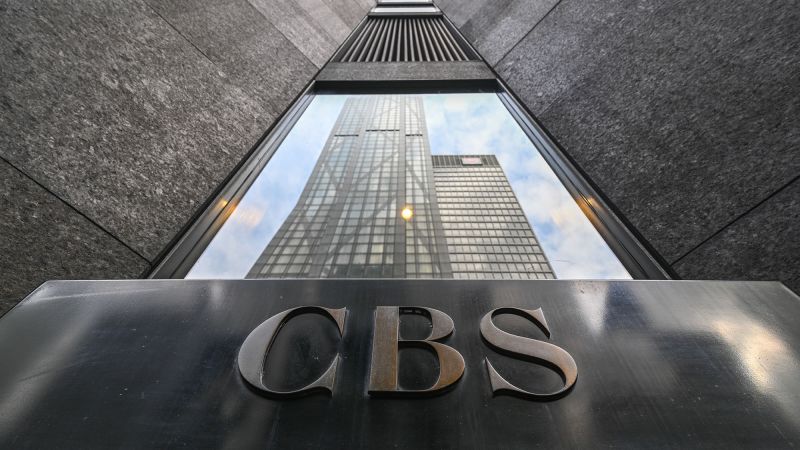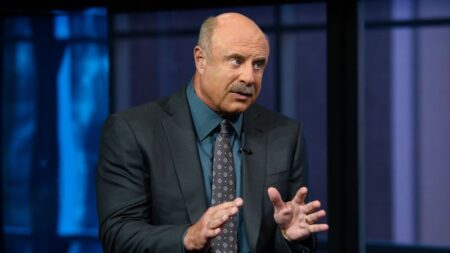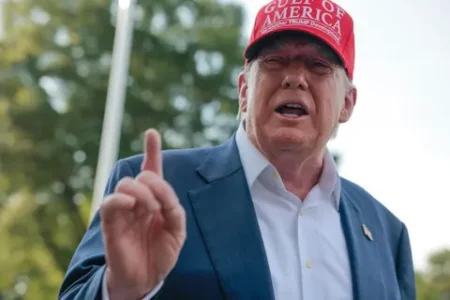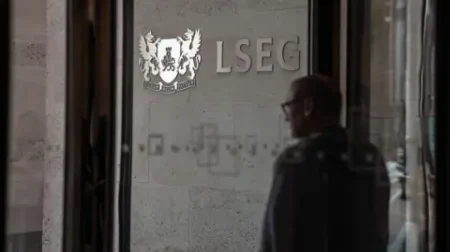In a surprising turn of events, Paramount Global, the parent company of CBS News, has announced a significant settlement payment of $16 million to resolve a contentious lawsuit filed by former President Donald Trump. This legal battle stemmed from a report aired on the widely watched television program “60 Minutes” during the previous fall, sparking considerable debate surrounding journalistic ethics and corporate accountability.
The details surrounding the settlement were unveiled late Tuesday night by Paramount, which highlighted that the financial sum includes the plaintiffs’ fees and costs. Importantly, the settlement will not be directed to Trump himself but instead allocated for use in Trump’s future presidential library. This arrangement closely mirrors a previous settlement agreement reached between the Walt Disney Company and Trump, suggesting a trend in how similar disputes are being handled.
Despite the significant payout, Paramount has emphasized that the settlement does not include any formal apology or expression of regret, a detail that has drawn attention from various media analysts. Furthermore, it was disclosed that moving forward, “60 Minutes” will release transcripts of interviews with U.S. presidential candidates shortly after their airing, albeit with necessary redactions for legal or national security reasons.
Legal experts observing the case have largely characterized Trump’s lawsuit as baseless and frivolous. They maintain that CBS could have effectively defended itself in a courtroom setting. However, corporate priorities appeared to have influenced the decision to settle. Paramount has been endeavoring to finalize a lucrative merger with Skydance Media, a deal that hinges on approval from the Trump administration, particularly as CBS operates local stations licensed by the government.
Interestingly, this merger context provided Trump with a certain level of leverage over Paramount. Concerns were raised that the potential merger may have put additional pressure on the company to reach a settlement, a point underscored in statements made by Paramount claiming the lawsuit was distinct and unrelated to the ongoing merger discussions.
The chair of the Federal Communications Commission (FCC), Brendan Carr, reiterated that the review process for the merger is separate; nevertheless, he noted that complaints regarding the “60 Minutes” segment might come up during the process, making its implications all the more critical. Analysts, including those from press freedom advocacy groups, have voiced concerns about the message this settlement sends regarding media independence and potential censorship.
The lawsuit itself began while Trump was still in the election race, revolving around a specific interaction from an interview with then-Vice President Kamala Harris. Trump’s claim posited that the editing of Harris’s answer was purposefully manipulated to favor the Democratic candidate, a notion he supported without substantive evidence. The editing in question was specifically about Harris’s comments concerning the Biden administration’s relationship with Israel amidst ongoing global conflicts, which had attracted critical scrutiny.
As the pressure built, CBS defended its actions by asserting adherence to traditional news editing practices, thus dismissing Trump’s accusations of wrongdoing. Trump’s continued threats of legal action culminated in demands for exorbitant damages that raised eyebrows among legal pundits, who decried the lawsuit as not only frivolous but also potentially dangerous in undermining press freedom.
Internal dynamics at CBS became increasingly strained following Trump’s suit. The perception that the network was caving to political pressure was echoed by various staff members and executives alike, reinforcing the notion that journalistic integrity was being compromised. Several high-profile executives within CBS resigned amid these tensions, citing a loss of editorial independence and concerns over the direction the network was heading under corporate mandate.
Despite the backdrop of these organizational challenges, “60 Minutes” has continued its legacy of conducting in-depth investigations, one of which included scrutiny into Trump’s attempts to hold law firms that opposed him accountable. The ongoing clash between a desire for editorial freedom and the imperatives of corporate interests, especially in the context of politically charged lawsuits, remains a vital topic of discussion as media companies navigate the complex landscape of news reporting in today’s political climate.
In summary, the settlement reached between Paramount and Trump not only raises serious questions about the ethical responsibilities of media corporations but also illustrates the intricate interplay between corporate interests and political power in shaping the narratives of public discourse. The implications of this action will likely resonate throughout the media landscape, urging ongoing reflection on the balance between accountability and press freedom moving forward.


